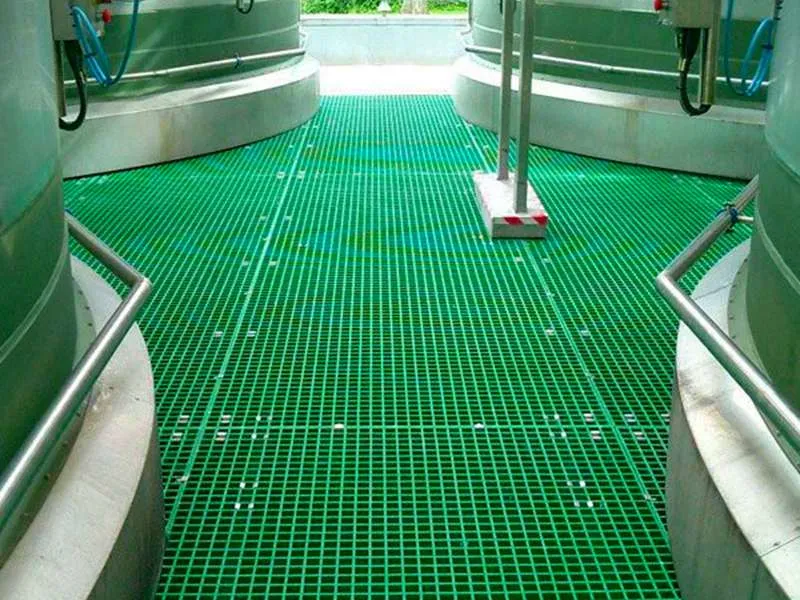
-
 Afrikaans
Afrikaans -
 Albanian
Albanian -
 Amharic
Amharic -
 Arabic
Arabic -
 Armenian
Armenian -
 Azerbaijani
Azerbaijani -
 Basque
Basque -
 Belarusian
Belarusian -
 Bengali
Bengali -
 Bosnian
Bosnian -
 Bulgarian
Bulgarian -
 Catalan
Catalan -
 Cebuano
Cebuano -
 China
China -
 China (Taiwan)
China (Taiwan) -
 Corsican
Corsican -
 Croatian
Croatian -
 Czech
Czech -
 Danish
Danish -
 Dutch
Dutch -
 English
English -
 Esperanto
Esperanto -
 Estonian
Estonian -
 Finnish
Finnish -
 French
French -
 Frisian
Frisian -
 Galician
Galician -
 Georgian
Georgian -
 German
German -
 Greek
Greek -
 Gujarati
Gujarati -
 Haitian Creole
Haitian Creole -
 hausa
hausa -
 hawaiian
hawaiian -
 Hebrew
Hebrew -
 Hindi
Hindi -
 Miao
Miao -
 Hungarian
Hungarian -
 Icelandic
Icelandic -
 igbo
igbo -
 Indonesian
Indonesian -
 irish
irish -
 Italian
Italian -
 Japanese
Japanese -
 Javanese
Javanese -
 Kannada
Kannada -
 kazakh
kazakh -
 Khmer
Khmer -
 Rwandese
Rwandese -
 Korean
Korean -
 Kurdish
Kurdish -
 Kyrgyz
Kyrgyz -
 Lao
Lao -
 Latin
Latin -
 Latvian
Latvian -
 Lithuanian
Lithuanian -
 Luxembourgish
Luxembourgish -
 Macedonian
Macedonian -
 Malgashi
Malgashi -
 Malay
Malay -
 Malayalam
Malayalam -
 Maltese
Maltese -
 Maori
Maori -
 Marathi
Marathi -
 Mongolian
Mongolian -
 Myanmar
Myanmar -
 Nepali
Nepali -
 Norwegian
Norwegian -
 Norwegian
Norwegian -
 Occitan
Occitan -
 Pashto
Pashto -
 Persian
Persian -
 Polish
Polish -
 Portuguese
Portuguese -
 Punjabi
Punjabi -
 Romanian
Romanian -
 Russian
Russian -
 Samoan
Samoan -
 Scottish Gaelic
Scottish Gaelic -
 Serbian
Serbian -
 Sesotho
Sesotho -
 Shona
Shona -
 Sindhi
Sindhi -
 Sinhala
Sinhala -
 Slovak
Slovak -
 Slovenian
Slovenian -
 Somali
Somali -
 Spanish
Spanish -
 Sundanese
Sundanese -
 Swahili
Swahili -
 Swedish
Swedish -
 Tagalog
Tagalog -
 Tajik
Tajik -
 Tamil
Tamil -
 Tatar
Tatar -
 Telugu
Telugu -
 Thai
Thai -
 Turkish
Turkish -
 Turkmen
Turkmen -
 Ukrainian
Ukrainian -
 Urdu
Urdu -
 Uighur
Uighur -
 Uzbek
Uzbek -
 Vietnamese
Vietnamese -
 Welsh
Welsh -
 Bantu
Bantu -
 Yiddish
Yiddish -
 Yoruba
Yoruba -
 Zulu
Zulu
Importance of Selecting the Right Drill Bits for Anchor Installation in Construction Projects
The Importance of Drilling Anchor Drill Bits in Construction
In the realm of construction, the use of drilling anchor drill bits is a crucial task that ensures the integrity and stability of structures. These specialized tools play a fundamental role in various applications, including building foundations, retaining walls, and anchoring systems. Understanding their importance, types, and applications is essential for professionals in the construction industry.
Anchor drill bits are specifically designed to create holes in various types of materials, including concrete, masonry, and rock. The primary purpose of these holes is to house anchors, which can be used for securing structural elements or installing other fixtures. The reliability of an entire construction project often hinges on the effectiveness of these anchors, making the choice of drill bits a critical consideration.
One of the key benefits of using anchor drill bits is their ability to create precise holes that are essential for the proper placement of anchors. The accuracy of the drill bit determines how well the anchor will hold, which, in turn, affects the overall strength and stability of the structure. A well-drilled hole allows for the snug fit of the anchor, preventing any movement or slippage, thereby enhancing the safety of the structure.
There are several types of anchor drill bits available, each designed for specific materials and applications. For instance, carbide-tipped drill bits are commonly utilized for drilling into concrete due to their durability and sharpness. These bits can withstand the harsh conditions of concrete drilling, such as heat and abrasion. On the other hand, masonry drill bits are designed specifically for softer materials and seek to minimize dust and debris production. Selecting the appropriate drill bit for the material in question is vital for achieving a successful drilling experience.
drilling anchor drill bits is a crucial task in the construction

In addition to the types, the size of the drill bit is another important factor in the drilling process. The diameter of the hole must match the anchor size for optimal performance. If the hole is too large, the anchor may not provide sufficient holding power, while a hole that is too small may lead to damaged drill bits or anchors, resulting in costly delays and potential safety hazards.
The drilling process itself requires a careful approach to ensure precision and accuracy. Construction teams must take into account the depth of the hole, the angle of the drill, and the speed at which the bit is operated. Proper technique and the use of quality equipment contribute significantly to the effectiveness of the drilling process. Additionally, regular maintenance and inspection of drill bits are essential to prolong their lifespan and maintain optimal performance. Dull or damaged bits can compromise the quality of the holes drilled and ultimately affect the success of the anchoring system.
Moreover, advancements in technology have introduced innovative drill bit designs and materials, improving their efficiency and performance. For example, diamond core drill bits have become popular in the construction industry due to their ability to cut through extremely hard materials with ease. These high-performance drill bits not only save time but also reduce labor costs and improve project timelines.
In conclusion, drilling anchor drill bits are an indispensable component of modern construction practices. Their proper selection, use, and maintenance are essential for the safety and stability of structures. By understanding the various types of drill bits, their applications, and the importance of precision in drilling, construction professionals can significantly enhance the quality of their work. As construction continues to evolve, staying informed about advancements in drill bit technology will remain a key factor in achieving success in anchoring techniques. Ensuring that every drilling task is carried out with care and accuracy can lead to safer and more durable structures, ultimately benefiting the industry as a whole.









